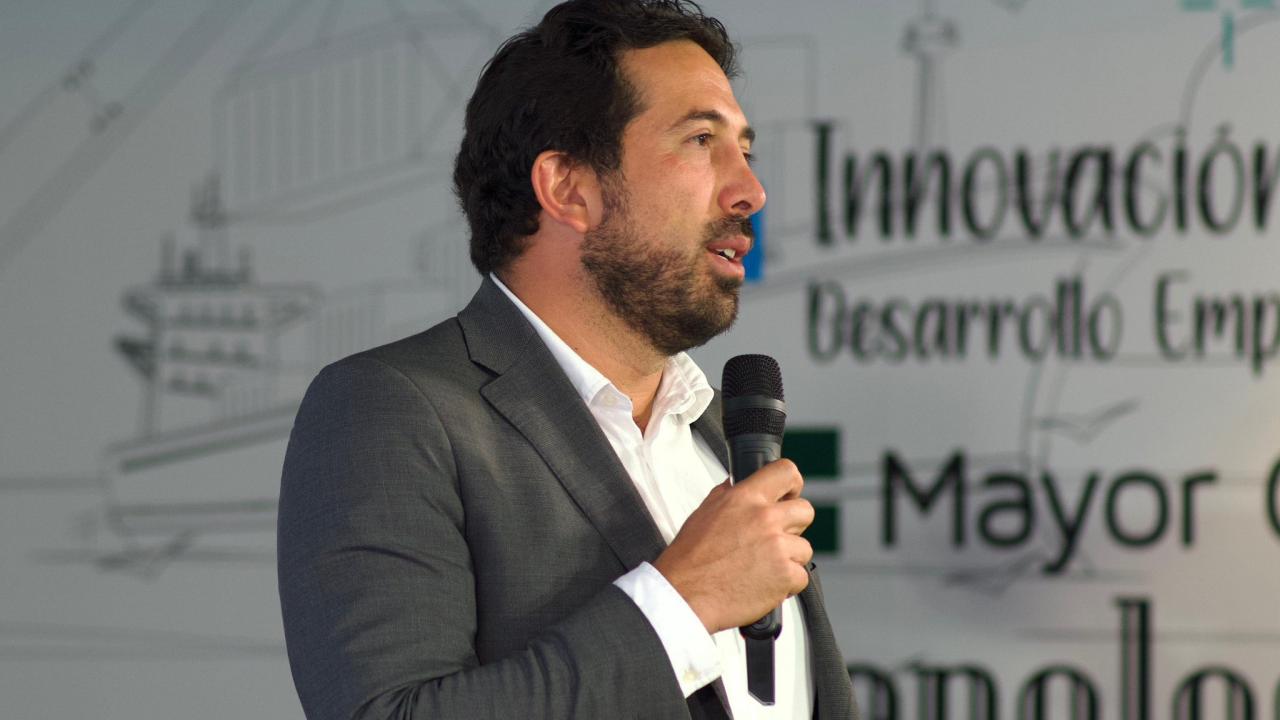
Following the departure of Ricardo Bonilla, the Colombian president appointed the doctor in Economics. His resume was published on Monday, which is a prerequisite for proceeding with his appointment and official inauguration.
The resume of Diego Alejandro Guevara, the new Minister of Finance, was published on Monday on the website of the Presidency of the Republic, which is a prerequisite for proceeding with his appointment and official inauguration.
It is worth remembering that President Gustavo Petro announced that after the resignation of Ricardo Bonilla (which he himself requested through X) the reins of that Ministry would be left in the hands of Guevara, who until now was Deputy Minister General of Finance and Public Credit.
Bonilla's departure came amid accusations of his alleged involvement in the alleged purchase of votes from congressmen through contracts with the National Unit for Disaster Risk Management (Ungrd). "I hope he resigns, not because I think he is guilty, but because they want to tear him apart for being loyal to the government program," Petro said on his X account.
Who is Diego Guevara?
Guevara holds a PhD in Economics, a Master's degree in Economic Sciences and is an engineer from the National University. President Petro said that the new minister "knows the entire process we have had fighting so that we are not drowned by the capital funds of the internal or external public debt, fighting against high interest rates and fighting to reduce the deficit left by the previous Duque government."
According to the Presidency, in his professional experience he has stood out as an associate professor and researcher at the National University of Colombia, the School for Development Foundation, the University of La Sabana and the Pontifical Javeriana University.
He has also been a consultant for the French Development Agency on macroeconomics and climate change issues, as well as a visiting professor at Viadrina University in Frankfurt (Oder), Germany. His research interests include economic financing, post-Keynesian economics and Stock-Flow Consistent (SFC) macroeconomic models.
He has also published in numerous international academic journals and was a frequent contributor to this journal.
The context that greets the new minister is demanding, to say the least. Basically, the current concern is that the collection figures are not the best and they take it for granted that the State's coffers will be out of sync between the stated goal and reality. This generates a cascade of problems.
The first is to meet the goals of the fiscal rule, a regulation that limits the government's public spending, keeps debt under control and guarantees the sustainability of public finances in the medium and long term.
Because of low tax revenue, the government has made two budget cuts this year: the first, with a spending freeze of around $20 billion and, recently, another close to $8 billion.
The Government's fiscal problems go hand in hand with lower than expected tax collection; $17 billion below the target expected by the DIAN (as of October). In the first 10 months of 2024, $223.86 billion reached the State's coffers via taxes, compared to $240.3 billion reached in the same period of 2023.
Added to this is the proximity of a pre-election year that brings with it greater political tensions that, in one way or another, could hinder the building of consensus in the Congress of the Republic, where there is currently a project of capital importance for the Government's economic agenda.










